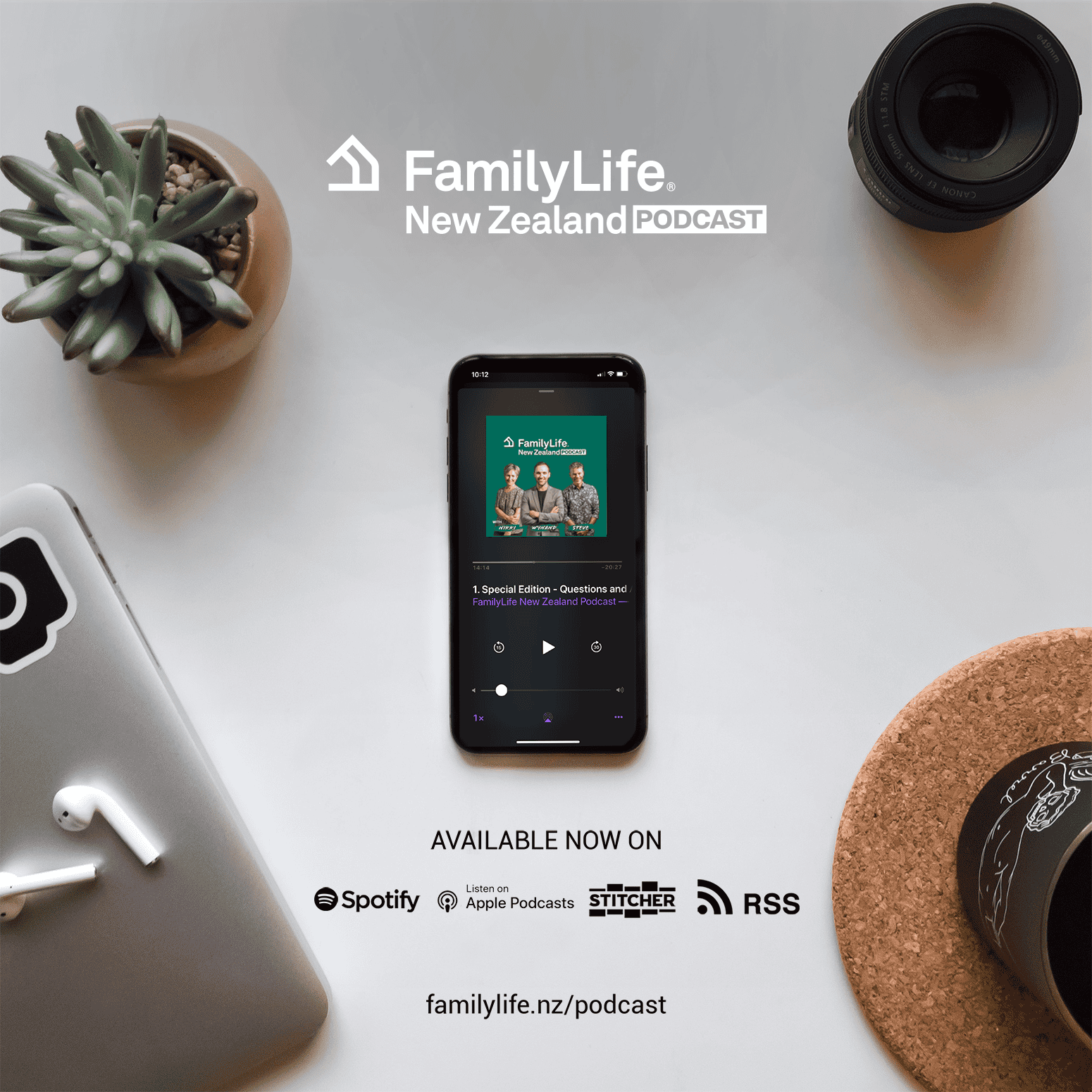I just love Brene´ Brown. If you haven’t come across any of her material I want to encourage you to check her out. Her first TED Talk entitled The Power of Vulnerability, is one of the top five most viewed TED talks in the world, with over 25 million viewers.
Recently, I came across her own cool animated video on Blame and it has resonated with everyone I’ve shared it with. Take a look right here.
We smile because we relate. We’ve all been there, right? Well, I have!
And to be honest I don’t feel too bad because as you all know, the problem of blaming has been around since the beginning of creation. Embedded in our nature is the instinct to not only dodge the blame but shift it to someone or something else.
Do you have a ‘someone’ in your home?
“Someone has used my computer cable.”
“Someone took my parking pass from the car.”
“Someone’s got my keys.”
When we were raising children, common statements I made were, “Who did this?”
“I put my book here, who’s moved it?”,
“The toaster is broken, who used it last?”
As Brené says,
“Blame is the discharging of discomfort and pain.”
“People who blame a lot seldom have the tenacity and grit to actually hold people accountable because we spend all of our energy raging for 15 seconds and figuring out whose fault something is.”
It’s easier to blame ‘someone’ than have to look to yourself and take responsibility. Or to realise and acknowledge that mostly ‘stuff just happens’. Like toasters just stop working. It isn’t necessarily anyone’s fault.
That deep-seated need to be right is often at the core of so many problems and disputes
I found myself behaving in this fashion just the other day. Our daughter had called me out on something that had happened and I’m ashamed to admit that I immediately became defensive and then I blamed her. I felt in this instance that she was wrong and I was right. (Now Andy said I needed to tell you exactly what happened but to be perfectly honest I can’t remember…. That’s what happens when you turn 50…. Your memory goes……disagreements don’t become biggies because you can’t remember.)
But to cut a long story short – in her eyes, I had broken her confidence. I had said something in public that I shouldn’t have and she was deeply upset with me. I felt that she was being unreasonable and a tad irrational – but she may have been 5% right. I had kind of broken her confidence.
But because I am the more mature person – and because I teach this stuff at our conferences and seminars, you would hope that I modelled exemplary behaviour to our daughter – nope. I blamed her instead!!
The conversation went something like this…….
“honey this is really not my fault, and it’s totally unfair of you to be upset with me. You yourself need to accept that it’s your own fault that this has blown up. You have no right to be angry with me.”
Yep guys, this is how NOT to do it.
And then to top it off, I said…. “actually Dad was the one who’s at fault here. He’s made the situation much worse”. A great example right?
Rather than take responsibility for my own behaviour I justified my actions to myself, blamed her and shifted some blame to Andy too. Way to go Nikki!
Subscribe to the FamilyLife NZ Podcast
Blaming is never a good thing in fact all it does is sabotage relationships
At the time of this regrettable incident, we were in the car together going to netball, and she then didn’t want to talk to me. We were on the Pakuranga highway and I recall asking her to let me out of the car so I could walk home. Honestly, I was pathetic.
And this is where I am so thankful for the prompting of the Holy spirit …..you see it wasn’t long before I sensed God nudging me, saying “Nikki, “Why do you look at the speck of sawdust in Olivia’s eye and pay no attention to the plank in your own eye? How can you say to your daughter, ‘Let me take the speck out of your eye,’ when all the time there is a plank in your own eye?
Scripture can be so convicting, can’t it? – I started to feel terrible, and when I focused on my poor behaviour I could clearly see Olivia’s own hurt and disappointment.
I then needed to deal with my own pride and sincerely apologise. When I did that, our relationship was totally restored. Taking responsibility for our behaviour and then asking for forgiveness is so humbling. On paper, it sounds so easy, but I admit I found it so incredibly hard to do.
My own personal lesson here is to put my hand up and take responsibility for my own shortcomings rather than passing them off to someone or something else.
So let’s take Brene’s findings around blame and make it practical in our lives to gain freedom from it. Here’s how:
See it in yourself
Spend a day being on the lookout for moments of blame. This may be blaming yourself or another and see if you can recognise how it was a moment of expelling pain, discomfort or some negativity. How does it make you feel after? Was it relieving, does more negative creep in?
See it in others
Spend the next day noticing when other people use blame. Do you notice some pain or discomfort that preceded their moment of blaming?
See the freedom unfold
See what happens as you start to get curious about the experience of blame.
Happy Spotting!







